The Best and Most Used Search Engines of 2025

The Best and Most Used Search Engines of 2025
As we move further into 2025, the landscape of search engines continues to evolve. Here are some of the best and most widely used search engines globally:
Google Google remains the dominant search engine, holding over 90% of the global market share. With its continuous updates, it processes billions of queries daily, providing the most relevant results to users. Google offers a wide range of integrated services such as maps, images, and videos, ensuring a comprehensive user experience.
Microsoft Bing Bing is one of the main competitors to Google, known for its visually appealing search results. Bing is continuously improving its algorithm and integrates features like cashback offers and more interactive search results, making it a popular choice.
Yahoo Yahoo, once a dominant player in the search engine market, still holds a significant portion of the market share in some regions. Yahoo’s search engine is powered by Bing, but it offers a variety of features like news, finance, and sports content.
Baidu Baidu is the leading search engine in China, holding the majority of the market share in the country. It provides similar search functionalities to Google, including web search, image search, and news search, but is primarily focused on the Chinese language and market.
Yandex Yandex is the most popular search engine in Russia and several other countries in Eastern Europe and Central Asia. It offers an array of services such as maps, email, and cloud storage, in addition to its search functionality.
Ask.com Ask.com, formerly known as Ask Jeeves, is a search engine that allows users to ask questions in natural language. It has a niche user base, primarily in North America, and offers a mix of traditional search results and answers from the web.
DuckDuckGo DuckDuckGo has gained popularity due to its commitment to privacy. It does not track user data or search history, making it a preferred choice for privacy-conscious users. DuckDuckGo provides simple, ad-free search results that respect user anonymity.
Naver Naver is the leading search engine in South Korea, offering comprehensive services such as news, blogs, and shopping. It is widely used for both searches and daily browsing activities in the region.
AOL.com Although its influence has waned, AOL’s search engine is still used by a small group of internet users. It provides general search results and is integrated into AOL’s suite of online services.
Seznam Seznam is the most popular search engine in the Czech Republic. While it is not as widely used outside of the country, it serves as a major platform for users in the Czech market, offering search services along with email and map functions.

Microsoft Bing
Microsoft Bing is the second most used search engine in the world after Google, with a market share of 2-3%. Launched by Microsoft in 2009, Bing stands out with its image and video search features. Bing offers innovative tools like image search and suggested queries to enhance the user experience. Additionally, Bing's search results are powered by Microsoft's artificial intelligence and machine learning technologies.
Bing integrates with Microsoft's other products, providing access via the Windows operating system and Microsoft Edge browser. It offers a wide range of services to users, including voice search, map services (Bing Maps), and news content. Microsoft continues to develop Bing to enable it to compete more effectively in the search engine marketing space.

Yahoo
Yahoo, one of the first search engines on the internet, was founded in 1994 and has a significant global user base. However, its market share is now around 1-2%. Yahoo initially gained popularity as a directory service and over time evolved into a platform offering search engine capabilities along with services such as news, finance, and sports.
In addition to search engine technology, Yahoo is also known for its email service (Yahoo Mail), news source, and financial data. While it was very popular in the early 2000s, its market share decreased with the rise of Google. However, Yahoo is still preferred by users in certain regions. After being acquired by Verizon, Yahoo began sharing its search technology with Bing. Despite this, Yahoo maintains a unique user base.

Baidu
Baidu is a China-based search engine and the most popular search engine in China. As of 2025, Baidu holds approximately 70% of the search engine market share in China. Baidu focuses primarily on Chinese-language content, offering a customized experience for local users.
Baidu's search results direct users to the right outcome by crawling China-specific data on the internet. It also offers various features such as image search, voice search, and map services (Baidu Maps). Baidu strives to optimize the user search experience with search algorithms powered by artificial intelligence and deep learning technologies.
To comply with internet censorship in China, Baidu prioritizes the ranking of content that aligns with local regulations. Although less widespread globally, Baidu holds significant digital marketing potential due to China's massive internet user base.
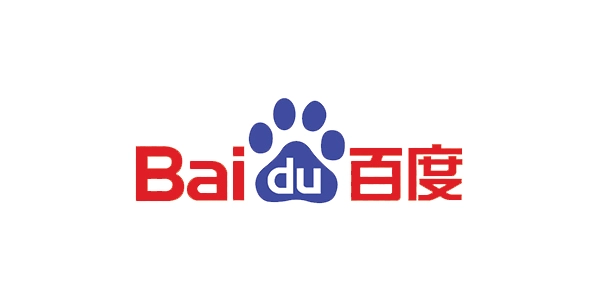
Yandex
Yandex is the largest search engine in Russia, holding over 50% of the market share in the Russian market. Founded in 1997, Yandex offers not only a search engine but also a range of services such as map services (Yandex Maps), music (Yandex Music), news (Yandex News), email (Yandex.Mail), and cloud storage (Yandex Disk). Yandex has an algorithm that is particularly optimized to understand content in the Russian language and is widely used in Russia and surrounding regions.
Additionally, Yandex's navigation system is supported by advanced technologies such as artificial intelligence and machine learning, further enhancing its capabilities and user experience.
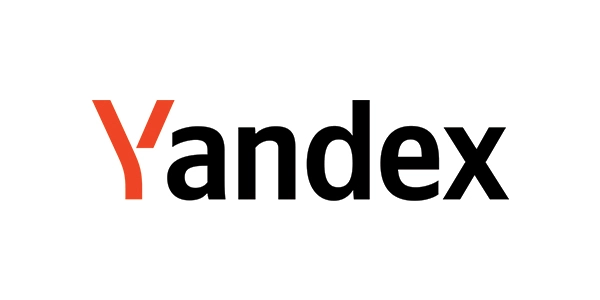
Ask.com
Ask.com, ilk olarak 1996 yılında "Ask Jeeves" adıyla kuruldu ve özellikle soru-cevap odaklı arama motoru olarak tanınır. Kullanıcılar, sorularını yazarak ya da doğal dilde yazılmış sorgularla ilgili yanıtlar arar. Ask.com, zaman içinde daha genel bir arama motoruna dönüşse de, hala soru-cevap formatına odaklanan özellikleriyle farklılaşır. Ancak pazar payı, Google ve Bing gibi büyük rakipler tarafından geride bırakılmıştır. Ask.com, 2005'ten sonra daha fazla içerik odaklı bir arama motoruna dönerek, bilgiye dayalı sorgularla ilgilenen kullanıcıları hedef almıştır.

DuckDuckGo
DuckDuckGo is a search engine that prioritizes privacy. It does not collect personal data from users or engage in targeted advertising. It stands out as an alternative solution to the personalized search results offered by giants like Google. DuckDuckGo has rapidly gained popularity among privacy-focused users in recent years. Since users' search history and other personal information are not stored, it offers an anonymous search experience. Additionally, unlike major search engines like Google and Bing, it generates revenue solely from ads displayed in search results.
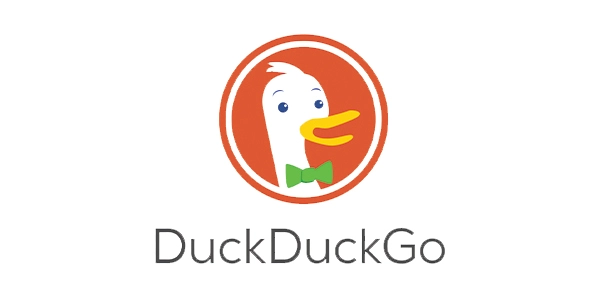
Naver
Naver is the largest and most popular search engine in South Korea. Founded in 1999, Naver is not only a search engine but also offers a wide range of services including blogs, news, videos, music, and shopping. By focusing on content and user behaviors specific to Korea, it maintains its leadership in the South Korean market. Naver's integration with digital media and content platforms in Korea strengthens its position. The platform is unique with its social media services, digital media tools, and search features aimed at local businesses. Naver has become the central hub for digital experiences for internet users in South Korea.

AOL.com
AOL.com is recognized as one of the internet giants of the 1990s. Once having millions of users worldwide, AOL was particularly popular as a dial-up internet service provider. Today, AOL stands out with its news, entertainment, and email services. As a search engine, it collaborates with Google and utilizes Bing's search technology. While AOL was highly popular in the 1990s and early 2000s, it has lost its market share as the internet evolved. Nevertheless, it is still preferred by some users as a nostalgic tool from the early days of the internet.

Seznam
Seznam is the largest local search engine in the Czech Republic. Founded in 1996, Seznam is highly successful in understanding Czech-language content and is one of the country's largest digital platforms. In addition to being a search engine, Seznam offers a variety of other services, including news, email, maps (Seznam Maps), video, and social media features. With algorithms and content filtering tailored to the Czech language, it is highly popular for local searches. Although Seznam does not cater to users outside the Czech Republic, it maintains a strong presence in the local market, meeting the digital marketing needs of local businesses.

What Are Search Engines?
General Search Engines
General search engines index content from across the internet and present the most relevant results to users. These types of search engines are used for general information searches.
- Google: The world’s most popular search engine, providing the fastest and most accurate results with its vast database and advanced algorithms.
- Yandex: Russia's leading search engine, optimized especially for Russian-language content.
- Yahoo: Popular in the early 1990s, though now less preferred compared to Google and Bing.
- DuckDuckGo: Focuses on user privacy, does not collect personal data, or show targeted ads.
- Baidu: The most popular search engine in China, indexing and ranking content specifically for the Chinese market.
- Bing: Microsoft's search engine, known for its strong visual and video search capabilities.
- Ask.com: A question-and-answer focused search engine that attempts to answer user questions in natural language.
Image Search Engines
These engines are used to search and discover images. Users search for images or graphics.
- Pinterest: A visual search and discovery platform that allows users to create pins based on their interests.
- Flickr: A photo-sharing and visual search platform that offers high-quality images.

Google Images: Google’s image search service transforms text-based searches into images, providing relevant visual results based on the keywords.
Yandex Images: Yandex’s image search tool stands out with its image recognition technology, helping users find visually similar images or related content.
TinyEye: A visual search engine that allows users to perform reverse image searches, enabling them to find images based on visual elements rather than keywords.

Shutterstock: A paid visual platform that includes high-quality stock photos and graphic searches, offering a vast library of images, videos, and illustrations for licensing.

Video Search Engines
These engines are used for searching and watching video content.
- YouTube: The world's largest video platform, popular for video searches and recommendations.
- Vimeo: A platform for sharing artistic and creative project videos.
- Dailymotion: A video sharing platform that has developed as a competitor to YouTube.
Database Search Engines
Database search engines are used for searching information within large databases.
- Microsoft SQL Server: A database management system used for querying and data analysis.

MySQL: An open-source database management system commonly used for web applications.
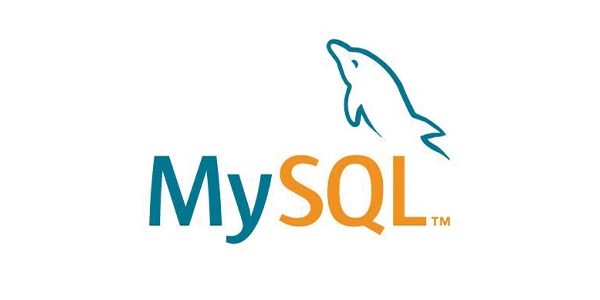
Oracle Database: Oracle's powerful database software that provides large-scale database management.
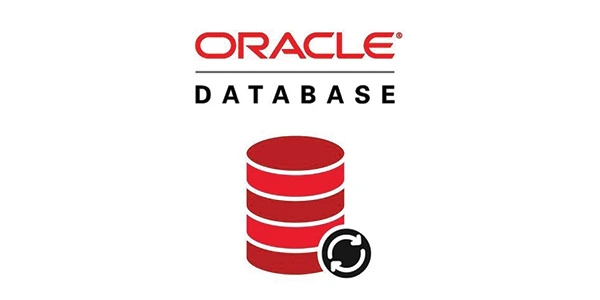
Social Media Search Engines
Social media search engines are used to search for content on social media platforms.
- Facebook: A social media platform that allows users to access friends and content.
- X (formerly Twitter): Content can be searched through short text posts and hashtags.
- Instagram: A visual and video sharing platform that allows content search through hashtags and location tags.
- LinkedIn: Content related to work and career can be searched through professional networks.
- TikTok: A short video platform that offers video searches and content discovery through tags.
Voice Search Engines
These engines allow users to search for information using voice commands.
- Google Voice Search: Google’s voice search service allows voice searches on devices.
- Amazon Alexa: A smart voice assistant that performs searches and controls internet-based tasks with voice commands.
- Apple Siri: Allows voice search for information on Apple devices.
- Microsoft Cortana: Microsoft’s digital assistant that provides voice search and assistant services.
Web 3.0 Based Search Engines
Search engines integrated with Web 3.0 provide more user-centered and decentralized systems.
- Presearch: A platform that enables users to access information through a decentralized search engine.

Brave: A web browser and search engine that enhances security by protecting users' privacy while browsing the internet.
Secure Search Engines That Protect Your Personal Data
These engines allow users to search anonymously while protecting their personal data.
Swisscows: A privacy-focused search engine that does not collect user data, ensuring anonymity.
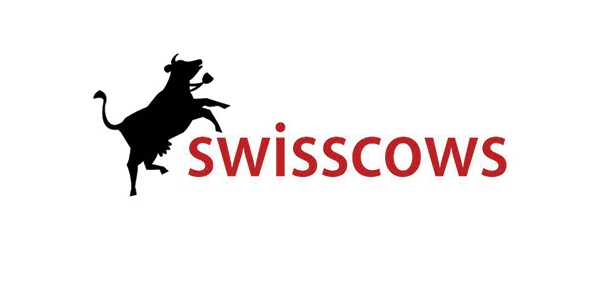
StartPage: Provides Google search results while prioritizing privacy and ensuring no personal data is collected.

Search Encrypt: Ensures privacy by encrypting search results.

Gibiru: An anonymous search engine that does not store user data.

OneSearch: A privacy-focused search engine provided by Verizon.

Searx: An open-source, privacy-friendly search engine that does not collect user data.

Neeva: An ad-free search engine that prioritizes user privacy.
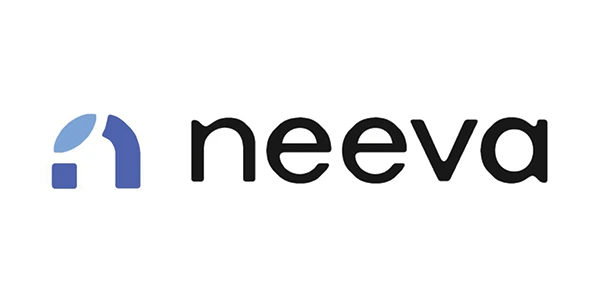 ,
,
Oscobo: A privacy-focused search engine that does not store user data.

Brave: A privacy-protecting web browser and search engine.
Local Search Engines
These are search engines that are popular in local markets and index local content.
- Yandex Turkey: Yandex provides a service customized for Turkish users with support for the Turkish language.
- Ecosia Turkish: An eco-friendly search engine that contributes to tree planting.
- Geliyoo: A locally developed search engine based in Turkey.
- Yaani: A search engine developed by Türk Telekom, focusing on Turkish content.
Top Search Engines
When it comes to top search engines, people often consider Google, Bing, DuckDuckGo, and Yahoo due to their speed, accuracy, and user-friendly experience.
- Google: Provides users with fast and accurate access to information, offering advanced algorithms and comprehensive indexing. It also integrates services like Gmail, Google Maps, etc., meeting all user needs.
- Bing: Microsoft's search engine, strong in visual and video searches. While less popular than Google, it's an attractive alternative, especially for Windows users.
- DuckDuckGo: Preferred by users who prioritize privacy as it doesn't collect personal data or target ads.
- Yahoo: Though once highly popular, it is now mainly used for news, email, and content searches.
These search engines provide excellent performance for different user needs, making them some of the best search engines.
The Future of Search Engines
Search engines continue to evolve in response to advancing technology and user needs. Several key trends and innovations will shape the future of search engines:
- Artificial Intelligence and Machine Learning: AI and machine learning will allow search engines to deliver more accurate and personalized results. Systems that learn user search habits will provide more meaningful and specific answers.
- Voice Search: With the widespread use of mobile devices and the popularity of smart assistants, voice search is becoming more important. Siri, Alexa, and similar voice assistants will offer users hands-free searching. This trend will continue to grow in the coming years.
- Visual Search: Visual search technologies will allow users to search using images instead of text. Google Lens and similar applications allow users to find information through photos.
- Personalized Results: Search results will become more customized based on users' past searches, locations, and interests. This will allow users to find information more quickly and accurately.
- Web 3.0 and Blockchain: With the Web 3.0 revolution, decentralized search engines and blockchain technology may emerge, offering more secure and transparent search results.
- 5G Technology: The widespread adoption of 5G will make search engines faster and more seamless, offering a significant advantage for video searches and visual content.
Search engines will continue to improve user experience by becoming faster, more accurate, and more personalized with these new technologies.
Frequently Asked Questions About Search Engines
What is a search engine? A search engine is a software system that allows users to search for information on the internet by entering specific keywords. It crawls websites, indexes content, and ranks relevant results.
What popular search engines exist other than Google? Other than Google, popular search engines include Bing, Yahoo, DuckDuckGo, Baidu, and Yandex.
How do search engines work? Search engines crawl web pages using bots, index their content, and then rank the most relevant results using algorithms.
What is SEO? SEO (Search Engine Optimization) refers to the technical and content adjustments made to a website to improve its ranking on search engines. Keywords, content quality, and site structure are essential elements of SEO.
Why do search engines show different results? Search engines may show different results for the same query due to their own algorithms and indexing methods. Google, Bing, or Yandex may present different rankings and content.
Conclusion
Search engines are essential tools for internet users to quickly access information. Google, Bing, Yahoo, and other popular engines aim to provide the most accurate results using their unique algorithms. SEO plays a significant role in helping websites rank higher in these engines. In the future, search engines will continue to develop with AI and personalization.
For more information and to explore other blog posts, feel free to get in touch with kalm.works.